The Ultimate Guide to Selling Your Small Business in 7 Easy Steps
1. Business Valuation
The first and most crucial step in selling your small business is understanding its value. A proper business valuation sets the stage for a successful sale by ensuring you set a fair and realistic price.
Key Actions for Business Valuation:
- Understand Its Importance: Recognize how a comprehensive valuation attracts serious buyers.
- Select a Valuation Method: Choose from asset-based, earning value, or market value approaches.
- Gather Financial Data: Collect financial statements, tax returns, and forecasts.
- Assess Market Trends: Consider how local trends in Raleigh impact your business's value.
- Evaluate Intangible Assets: Factor in non-physical assets like brand reputation and patents.
- Get Professional Help: Hire a business appraiser for an objective valuation.
- Review and Adjust: Adjust the valuation based on market changes or newly uncovered details.
Outcome: With an accurate business valuation, you'll be better prepared to negotiate and set realistic expectations.
2. Organize Financial Statements
Clear and accurate financial statements are essential for giving potential buyers a transparent view of your business’s financial health.
Documents to Prepare:
- Income Statement: Shows revenue, expenses, and profit over a specific period.
- Balance Sheet: Lists assets, liabilities, and equity at a specific point in time.
- Cash Flow Statement: Details the cash flow in and out of your business.
Why It Matters: Up-to-date financial statements demonstrate credibility and attract more serious buyers.
Pro Tip: Work with an accountant to ensure all financial documents are complete and error-free.
3. Develop a Marketing Strategy
A well-executed marketing strategy helps reach potential buyers and showcase your business’s unique value.
Steps to Create Your Marketing Plan:
- Identify Your Target Audience: Determine who would be most interested in buying your business (e.g., competitors, investors).
- Highlight Your Unique Selling Proposition (USP): Emphasize what separates your business.
- Use Online Platforms: Leverage social media, business listing sites, and your website to reach a broader audience.
Goal: Attract qualified buyers and generate interest in your business.
4. Prepare Legal Documentation
Having your legal documents ready streamlines the selling process and protects you and the buyer.
Essential Documents Include:
- Sales Agreement: Outlines the terms of the sale, including price and payment details.
- Non-Disclosure Agreement (NDA): Protects sensitive information during negotiations.
- Asset List: Details what is included in the sale (e.g., equipment, inventory).
Advice: Consult a lawyer to ensure all documents are accurate and legally binding.
5. Identify Potential Buyers
Finding the right buyer ensures the future success of your business and provides peace of mind.
How to Find Buyers:
- Define Your Ideal Buyer: Identify who would benefit most from purchasing your business (e.g., industry professionals, investors).
- Use Multiple Channels: Explore online platforms, business brokers, and local networking events.
- Screen Interested Parties: Evaluate buyers for financial stability and serious intent.
Outcome: Identifying the right buyer helps ensure a smooth and successful transaction.
6. Master Negotiation Techniques
Negotiation is a critical step where both parties work to find common ground and finalize the terms of the sale.
Effective Negotiation Tips:
- Prepare Thoroughly: Be knowledgeable about your business’s strengths and weaknesses.
- Listen Actively: Understanding the buyer’s perspective can help you address their concerns.
- Maintain Composure: Stay calm and confident to make better decisions.
Key Takeaway: Successful negotiation isn’t just about winning; it’s about creating a deal that works for everyone involved.
7. Navigate the Closing Process
The closing process is the final step and involves finalizing the sale and transferring ownership.
Steps in the Closing Process:
- Review the Purchase Agreement: Ensure all terms are clear and agreed upon by both parties.
- Complete Due Diligence: The buyer will review your records and financials.
- Secure Financing: Confirm that the buyer has the funds to complete the purchase.
- Transfer Ownership: Sign over the business and any related assets.
- Notify Stakeholders: Inform employees, customers, and suppliers about the ownership change.
Final Step: Close the deal and celebrate your successful sale!
Conclusion: Start Your Next Chapter with Confidence
Selling your small business in Raleigh can be complex, but following these seven structured steps can simplify the process and make it more manageable. Preparation is key to achieving a successful outcome, so take the time to plan, gather the right documentation, and find the best buyer. Remember, this sale can open doors to new opportunities, so stay organized, remain patient, and trust in the process as you step into your next venture.






